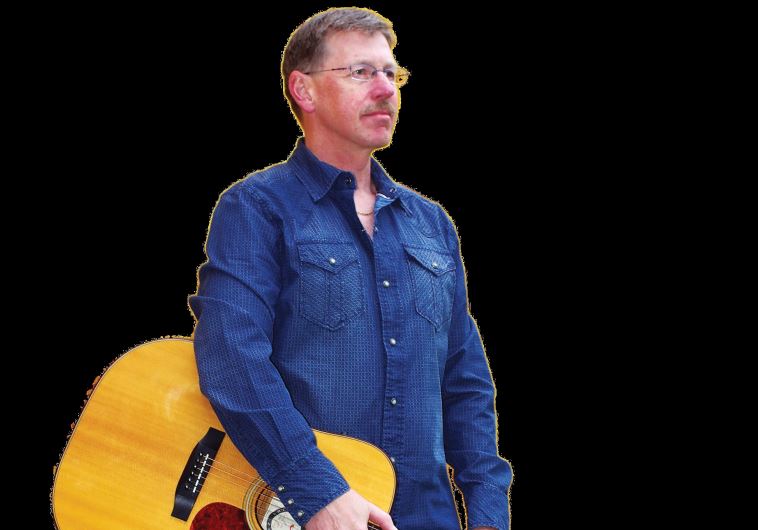Soldiering on, at Jacob’s Ladder
Tim Isberg, a lieutenant-colonel in the American army, will be one of the star turns at this year’s Jacob’s Ladder Festival.
 Veteran Canadian Army officer Tim Isberg brings his singer-songwriter talents to Jacob’s Ladder(photo credit: BRAIN ZOHORODNIUK)
Veteran Canadian Army officer Tim Isberg brings his singer-songwriter talents to Jacob’s Ladder(photo credit: BRAIN ZOHORODNIUK)